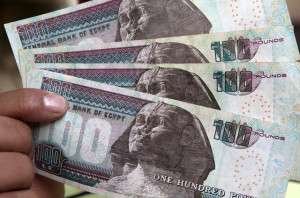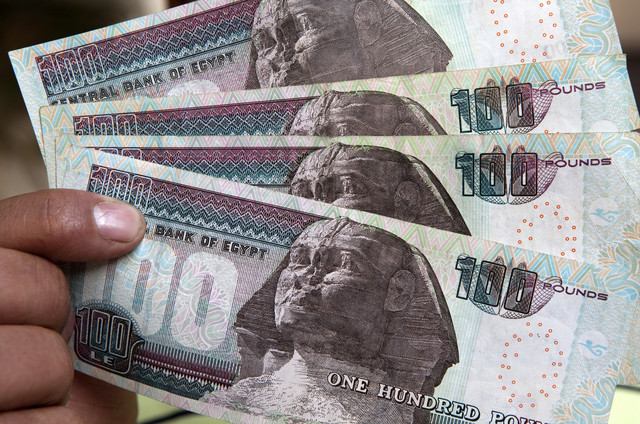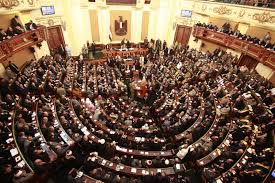
Egypt’s Minister of Finance, Mursi Hijazi, revealed that the country is losing about 100 million pounds per day because of insecurity and political unrest and that workers’ repeated strikes have also contributed to the losses.
According to the minister, “the losses are caused by various disruptions, such as sit-ins, protests, cutting off roads and breaking in state institutions.”
Economic activity in Egypt slowed down in view of the popular upheaval that toppled Hosni Mubarak. Things seemed to calm down and to return to normal after the elections that brought to power the Muslim Brotherhood but demonstrations, sometimes violent, resumed to protest austerity measures dictated by the International Monetary Fund (IMF), some presidential decisions, or provisions of the future Constitution.
The Finance Minister said at a press conference that Egypt lost one billion pounds of tax revenues because of the unrest. He acknowledged that law enforcement personnel are having difficulties to bring the streets under control as people continue to defy authorities.
The government had predicted earlier in February that economic growth will stand at three percent only during the 2012-2013 fiscal year because of the political unrest.
According to some economists, these estimates will probably be lowered due to the political crisis which is dealing a hard blow to the economy and due to the subsequent financial constraints facing the state.
The administration of President Mohamed Morsi faces difficulties in ensuring safety and stability, creating job opportunities and attracting tourists and foreign investments amid the political turmoil.
 Egypt’s Minister of Finance, Mursi Hijazi, revealed that the country is losing about 100 million pounds per day because of insecurity and political unrest and that workers’ repeated strikes have also contributed to the losses.
Egypt’s Minister of Finance, Mursi Hijazi, revealed that the country is losing about 100 million pounds per day because of insecurity and political unrest and that workers’ repeated strikes have also contributed to the losses.
 Egypt’s Minister of Finance, Mursi Hijazi, revealed that the country is losing about 100 million pounds per day because of insecurity and political unrest and that workers’ repeated strikes have also contributed to the losses.
Egypt’s Minister of Finance, Mursi Hijazi, revealed that the country is losing about 100 million pounds per day because of insecurity and political unrest and that workers’ repeated strikes have also contributed to the losses.

